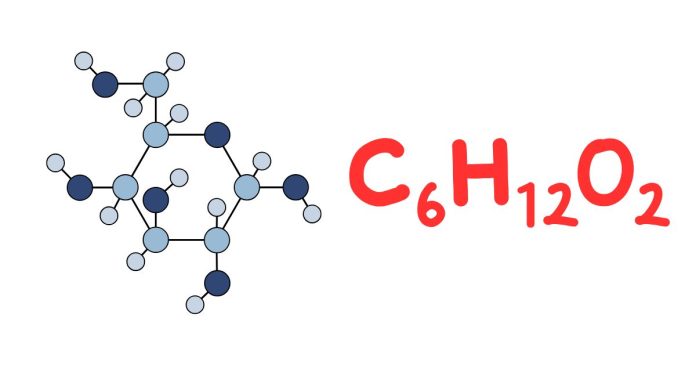When we encounter a chemical compound like C6H12O6, one of the most important questions to ask is: What is its empirical formula? The empirical formula of a compound is the simplest whole-number ratio of atoms in the molecule. For C6H12O6, this is an interesting and straightforward calculation. Let’s break it down step by step.
Understanding C6H12O6
C6H12O6 is the molecular formula for glucose, a simple sugar that plays a vital role in biological energy systems. The molecular formula tells us the exact number of carbon (C), hydrogen (H), and oxygen (O) atoms in a single molecule of glucose: 6 carbons, 12 hydrogens, and 6 oxygens.
Simplifying to the Empirical Formula
To find the empirical formula, we need to simplify the ratio of the atoms to the smallest possible whole numbers:
- Write the ratio of the elements:
- Carbon (C): 6
- Hydrogen (H): 12
- Oxygen (O): 6
- Divide each number by the greatest common divisor (GCD):
- The GCD of 6, 12, and 6 is 6.
- Simplify each element’s count:
- Carbon (C): 6 ÷ 6 = 1
- Hydrogen (H): 12 ÷ 6 = 2
- Oxygen (O): 6 ÷ 6 = 1
- Write the empirical formula:
- The simplified ratio is 1:2:1, so the empirical formula is CH2O.
What Does This Mean?
The empirical formula, CH2O, represents the simplest ratio of elements in glucose, even though the actual molecule contains six times as many atoms. CH2O is also the empirical formula for many other compounds, such as formaldehyde, but their molecular structures and properties differ.
Why Is the Empirical Formula Important?
The empirical formula provides essential information for understanding chemical composition without delving into the complexity of molecular structures. It’s widely used in:
- Stoichiometry: Balancing chemical equations.
- Chemical analysis: Determining the composition of unknown compounds.
- Material science: Studying ratios of elements in compounds like polymers or alloys.
The empirical formula of C6H12O6 is CH2O. This simplified representation offers a clear view of the atomic proportions within the compound and serves as a foundational concept in chemistry. Whether you’re studying biochemistry, working in a lab, or simply curious about the chemical world, understanding empirical formulas is an invaluable skill!


